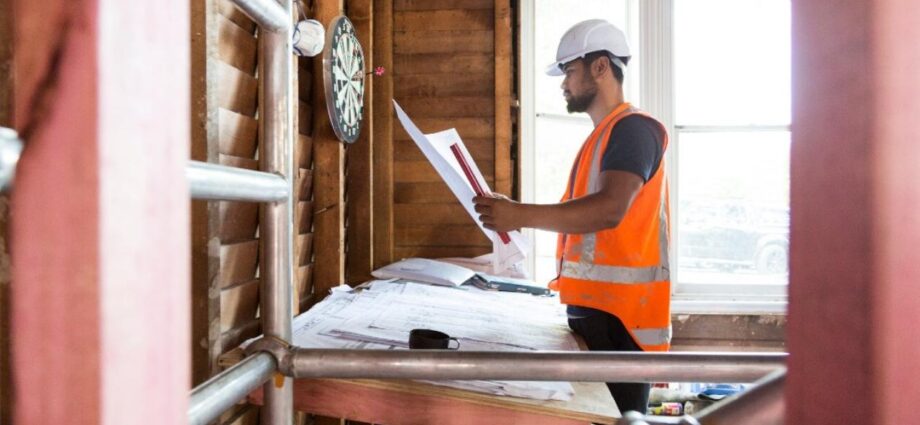PHOTO: GIB board shortages are creating a massive economic problem for NZ. Newshub
A not-for-profit KiwiSaver provider and the Shareholders Association will meet with Fletcher Building’s board this week to discuss concerns shortages of GIB plasterboard could hurt investor returns.
The company has a near monopoly of the plasterboard market and the chronic shortages, which have been blamed on unprecedented demand, have been well publicised.
Some in the building sector have warned that the ongoing shortages could result in builders going broke because they could not finish residential projects.
Simplicity, which owns 0.8 percent of the company through its KiwiSaver schemes, said it initiated the meeting because it wanted to have an open and constructive conversation about the supply issues.
“We are going to go and ask our representatives on the board, the directors, how did this come about, what will be done in order to fix it, and what is it about looking after the stakeholders that needs to be improved at the company level,” Simplicity chief executive Sam Stubbs told RNZ.
“This is the sort of shareholder activism KiwiSaver funds should be getting involved in,” he said.
Simplicity’s social housing developer, Simplicity Living, recently fired Fletchers as its supplier due to lengthy products delays and was now resorting to importing a cheaper alternative from Thailand.
Stubbs said Fletcher Building was an important company and its actions affected millions of New Zealanders, either through the supply of its building products for news houses or the performance of its share price.
However, the company had lost sight of servicing its customer, he said.
He would not comment on whether it would try to force a change on the company’s board.
“It’s too early to judge at this stage, the board of Fletcher Building and the management of Fletcher Building deserve a fair hearing.
“Let’s have this discussion, let’s find out what’s going on and most importantly let’s find out what the plan is for the future and how this company will best service stakeholders.”
The New Zealand Shareholders Association (NZSA) would also attend the meeting.
“We’re concerned about the political and reputational impacts caused by the GIB supply issue on the sustainability of shareholder returns,” NZSA chief executive Oliver Mander said.
“Simplicity have uncovered some deep dissatisfaction amongst customers of the Fletcher plasterboard product and, ultimately, for shareholders we’re concerned about that.”
Fletcher working to alleviate problem – CEO
Simplicity’s social housing arm has had 60 construction companies get in touch for advice on how to import plasterboard directly.
Fletcher Building says it will be another year before its new Tauranga factory comes online. It says it is working around the clock producing GIB, but nobody could see the scale of supply problems coming.
Fletcher Building chief executive Ross Taylor had told Checkpoint in 2019 the firm was committed to building the GIB factory at Tauriko in Tauranga.
Ross told Checkpoint this evening his company had no dragged its heels with the project, which he said won’t be ready until this time next year. But the firm could not have foreseen problems of supply and demand faced by the industry today, he added, and said it had invested responsibly and reasonably.
“At that stage back in 2019 consensus for about 30,000 houses per annum,” he said.
“We had a capacity… to deliver for 50,000 houses. So, we made a decision to invest $400 million in manufacturing in New Zealand quite some time ago.”
But Covid-19 and subsequent border closures caused delays of six-to 12-months, Taylor said.
“What then also happened through the Covid-19 period is what no one saw coming… once people couldn’t travel they started investing in houses, alterations, additions, new houses, and the consents and demand for housing went from 30,000 to 50,000 quite quickly.
Fletcher was an intrinsic part of the building industry and accepted that onshore manufacturing was critical to levels of resilience when these situations arise, but it was doing everything it could to alleviate the problem, he said.
READ MORE VIA NEWSHUB


















